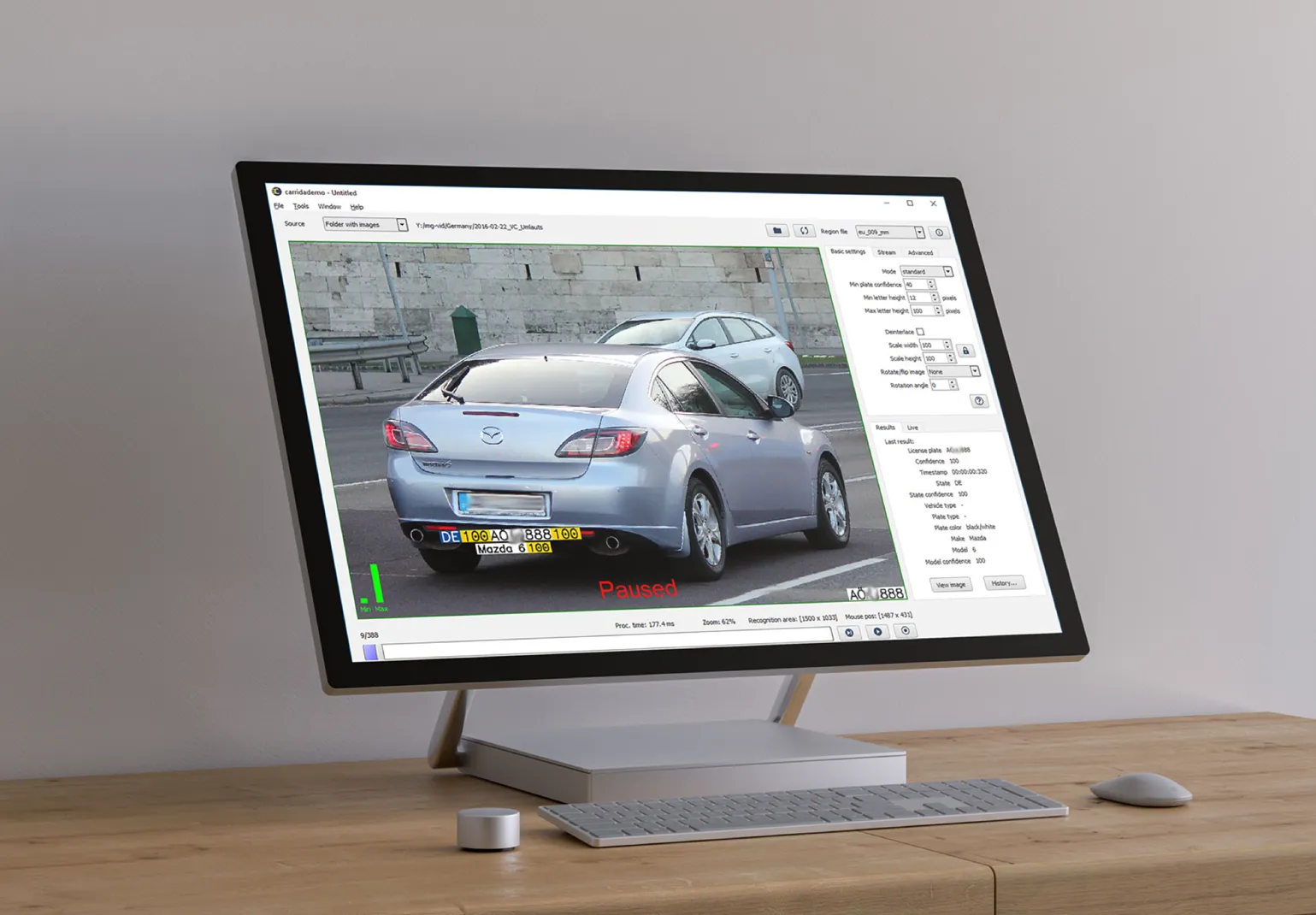
Carrida Technologies has released version 4.7 of its automatic numberplate recognition (ANPR) software, which supports the three-digit alpha-3 country codes in accordance with ISO 3166-1.
The three-letter country codes represent countries, dependent territories and special areas of geographical interest. They are part of the ISO 3166 standard published by the International Organization for Standardization (ISO).
The new functionality allows Carrida to output numberplate reads for Germany as either DE (alpha-2) or DEU (alpha-3) country codes, meaning that data can be amended to fit any existing database.
The company has also implemented support for 3-digit country codes in its software development kit (SDK), which is now available in version 4.6.
This version comes with improved the recognition of United Arab Emirates (UAE) numberplates, colour codes, recognition accuracy and vehicle classification.
According to Carrida, it distinguishes cars, delivery vehicles, trucks and buses, enabling detailed traffic statistics and automated access restrictions depending on vehicle categories.
The update also enhances the Carrida Edge WebGui with a new test action button that allows settings to be tested and verified in a dry-run without the need for an actual numberplate reading. Additionally, there are new options for uploading file lists and graphical tools for actions that were previously only accessible via terminal.









